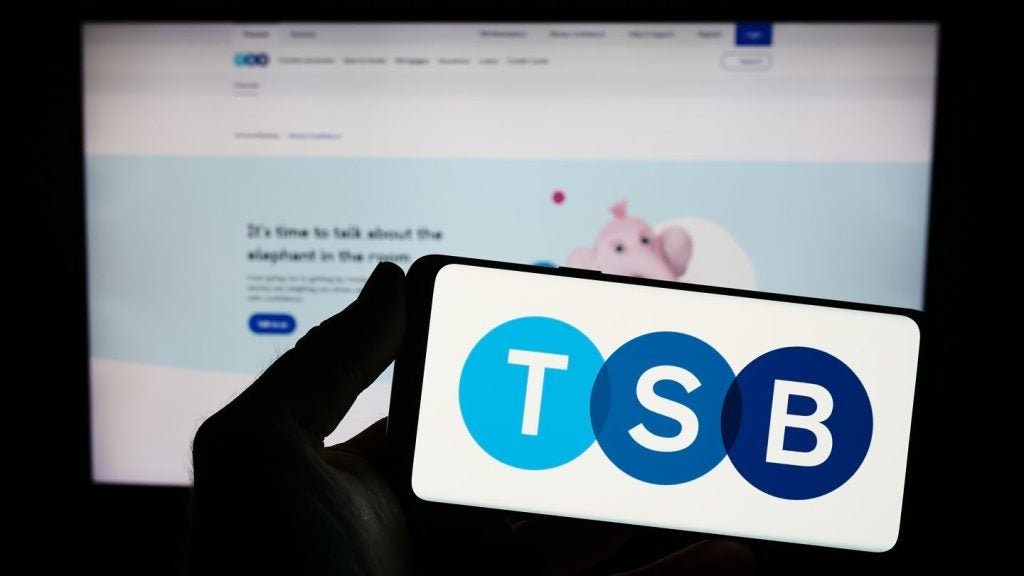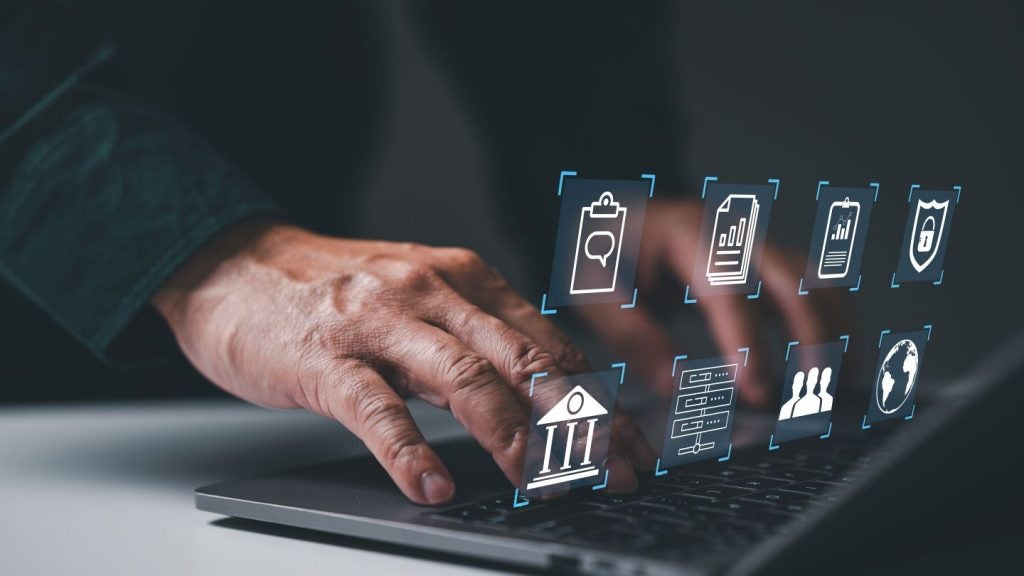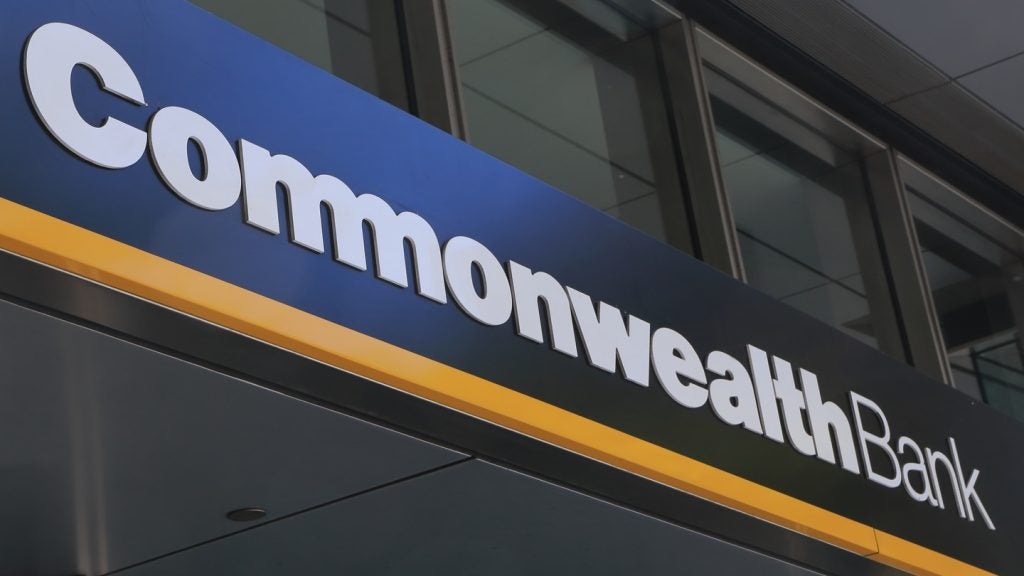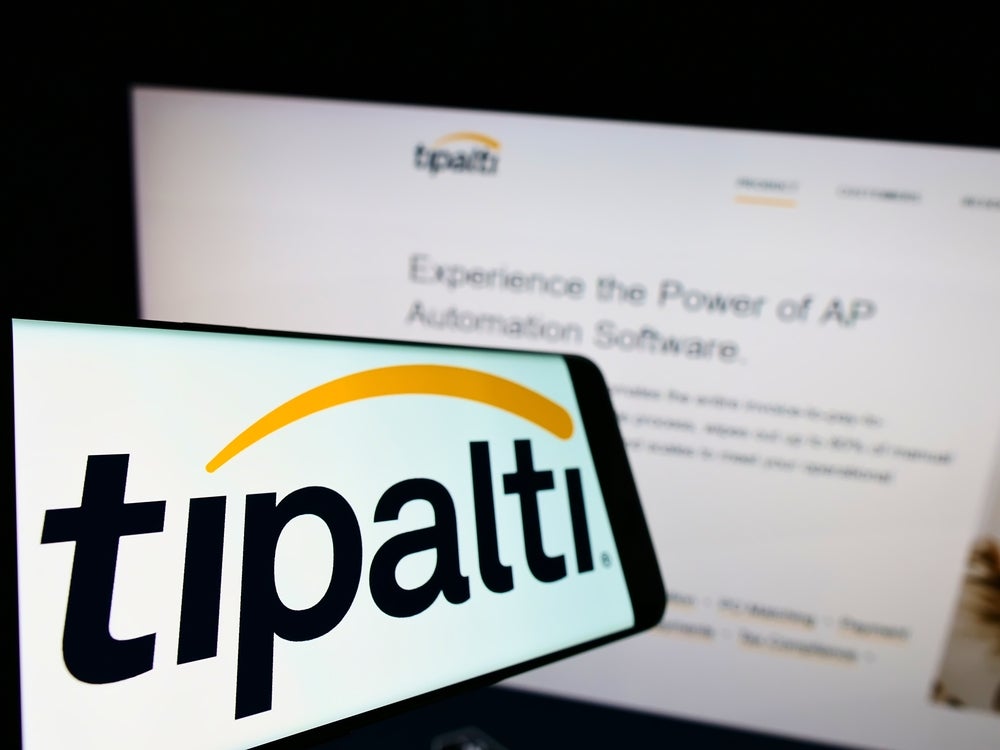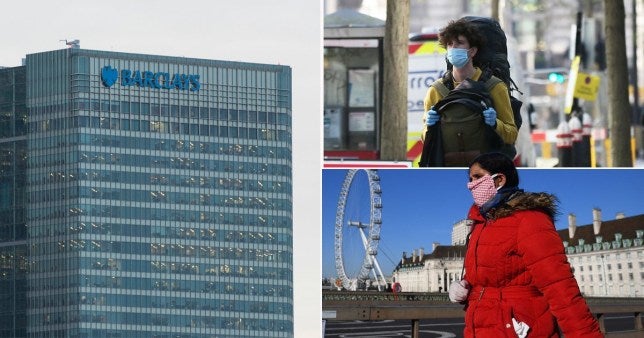
Small business owners and industry observers have criticised banks for impeding access to the government emergency coronavirus loan scheme, pushing firms towards expensive products instead.
Critics claim banks have been asking small businesses either for personal guarantees to qualify for the government Coronavirus Business Interruption Loan or directing them towards standard loans with high interest rates.
The Coronavirus Business Interruption Loan Scheme (CBILS) was designed to provide financial support to smaller businesses (SMEs) across the UK that are losing revenue, and seeing their cashflow disrupted, as a result of the COVID-19 outbreak.
However, banks’ requirement for personal guarantees “means that business owners who are desperate to keep their business afloat and keep their staff employed will have to make difficult decisions as to the risk of being personally exposed to large amounts of the debt,” said Luke Davis, CEO of SME finance provider IW Capital.
The Government will make a Business Interruption Payment to cover the first 12 months of interest payments and any lender-levied charges.
“CBILS will offer a crucial lifeline for many SMEs across the UK, but there will be large numbers who are concerned by having to guarantee the loan personally,” Davis said.

US Tariffs are shifting - will you react or anticipate?
Don’t let policy changes catch you off guard. Stay proactive with real-time data and expert analysis.
By GlobalDataNudging towards more expensive loans
The scheme is a part of a wider package of government support for UK businesses and employees. There are currently over 40 accredited lenders working to provide CBILS finance.
“This is one of the few economic eras in which a business owner could be doing everything right and still not be successful, due to some unforeseen circumstance that comes about due to what the Chancellor has called these ‘unprecedented times’,” Davis said.
Alice Douglas, who runs St Curig’s Church bed and breakfast in Snowdonia, North Wales, said that she is faced with £20,000 worth of cancelled bookings because of coronavirus closure.
Douglas said: “I asked [my bank] about the Coronavirus Business Interruption Loan but they said as I have no income at the moment they can’t do anything. Which defeats the whole point of the loan.”
Davis argued that “the ability of a founder to provide personal guarantees should not affect whether or not their business can survive.”
Seizing personal property
The requirement for personal guarantees means that banks can go after the personal property of the owner of a firm if their business goes under and they cannot afford to pay off the debt.
While the borrower’s main home would be protected, banks could repossess other assets. Those can include things like personal savings, shares, other investments, or holiday homes.
“There is a significant threat to the UK’s business community – especially to the small firms which make up the backbone of our economy,” Davis said. “Government support has been extensive and wide reaching up to this point – with more to come by all accounts. It is, however, key that the private sector and private investors do not retreat in what is a vital period.”



